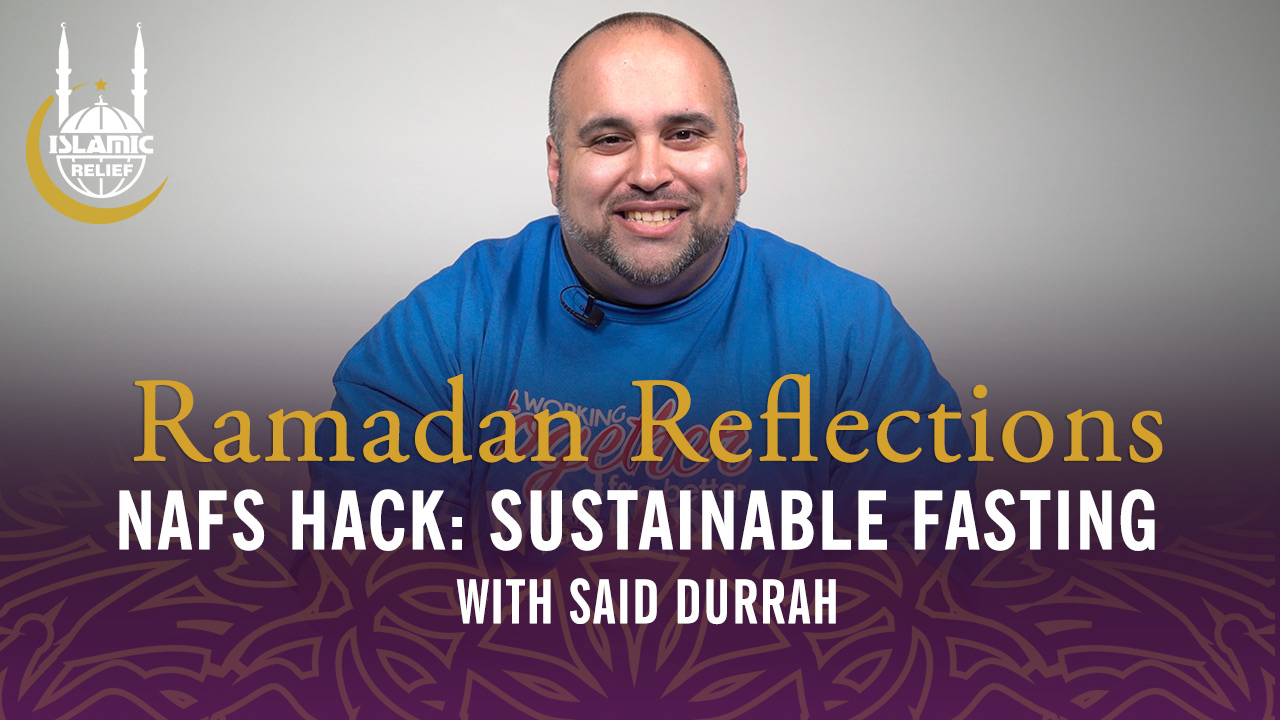The Yellow Brick Road That’s Getting Americans To Financial Goals
You may have met her. She attends classes at the university. She drives to work after class. She goes to parent-teacher conferences to make sure her child is doing well in school. She goes about her daily life just as you do.
What you may not realize is that she is one of 47 million people across the nation who lives in a low-income working family.
The working poor are those who are able to maintain an income but at the minimum level. They are trapped in a status that allows for a residence but sometimes means sacrificing proper work attire, health insurance, and nutritious meals for themselves and their families. Many working poor are caught in a vicious cycle that forces them to work extremely hard to barely make ends meet.
ONE-THIRD OF U.S. FAMILIES IS WORKING, BUT IS STILL STRUGGLING TO MEET BASIC NEEDS.
According to the Working Poor Families Project, one-third of U.S. families falls into this category and is struggling to meet basic needs. And in the nation’s capital, D.C., 27.1% of families are low-income yet working. Finding the yellow brick road that’ll take families to a better life isn’t easy when you’re struggling to get your basic needs met, even while employed.
D.C. native Kanita Gamblin saw a life for herself and her family outside of this status, and in July 2014 she made that dream come true when she moved into her new home – the 900th home bought through the assistance of Capital Area Asset Builders (CAAB) and Islamic Relief USA (IRUSA).
“I always told my husband and my son that I refused to accept a ‘no’ when it came to achieving our dream. Now we can focus on investing in ourselves and accomplishing more goals,” says Kanita.
She’s building her own yellow brick road, one brick at a time. All she needed was a few tools to get started.
But the dream of being a home-owner did not come easy.
For years, Kanita and her family were forced to rent in D.C. neighborhoods she humbly categorizes as “not so good.” And despite the difficulties of attending and paying for school, Kanita made her way through the University of the District of Columbia’s Nursing and Health Sciences program because she knew there was a better life at the end of that journey.
But even with advanced education, Americans are finding it harder and harder to break through financial barriers: “The wages of typical Americans, including college graduates, are lower today, than they have been in years,” reports the Economic Policy Institute in “The State of Working America”.
That’s why programs like CAAB’s Individual Development Accounts (IDAs) initiative are important. The program offers assistance to help D.C.’s low-income, hard working residents save money for post-secondary education, entrepreneurship, or, in Kanita’s case, home purchases.
Job skills, a place to call home, and small business ownership are at the core of what many see as the American dream. And for Kanita, there really is no place like her very own home.
Kanita knew that a little bit of assistance could help her achieve her own chunk of that dream. So, shortly after graduating, she linked with CAAB and began the IDA program. Through CAAB’s mentorship, Kanita set a budget for herself and her family and even started planning for retirement. And with the matched savings element of the program, once she achieved the $4,000 mark in savings, her account was matched, and she was able to put her savings toward buying a home – no more renting for Kanita!
“I FEEL SO BLESSED THAT THROUGH MY HARD WORK, SAVING MONEY, SUPPORT FROM MY FAMILY AND ASSISTANCE FROM OTHERS, LIKE CAAB, WE HAVE ACHIEVED OUR DREAM.”
IDAs, like those achieved by Kanita, have been funded by humanitarian organization Islamic Relief USA (headquartered in Alexandria, VA). As part of the IRUSA-sponsored Building Pathways to Success program, CAAB is providing access to IDAs and financial education, tools & resources to refugees, asylees and low-income families in Washington, DC, Maryland and Virginia.
Since 1999, more than 1,000 program sites have helped more than 80,000 people to save, build their assets, and pursue education, training, and business opportunities.
The Pathways Program was created as a way to help struggling American families build a future beyond getting immediate relief. Through engaging, valuable interfaith partners and government resources, the partnership has helped families in the D.C. area access financial education resources that they wouldn’t otherwise have available to them. Now, they can learn how to get in control of their finances and build assets that will help their families have a better future.
Rich Petersen, CAAB’s Executive Director, adds “Kanita is a great reminder of why IDAs work.”
SQUAD GOALS
KANITA, CAAB AND IRUSA SUPPORTERS LIKE YOU GOT TOGETHER TO ACHIEVE A DREAM THAT SEEMED IMPOSSIBLE
Make a dream reality for a neighbor in need right here in the U.S.A.



